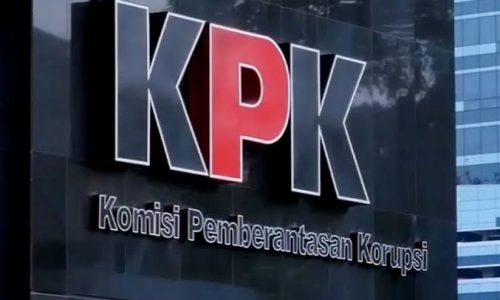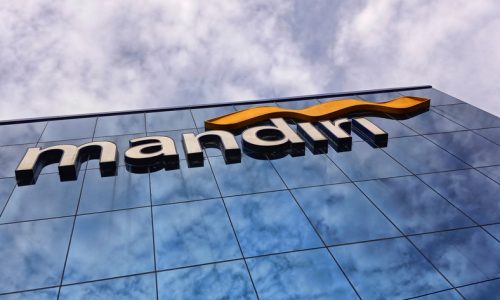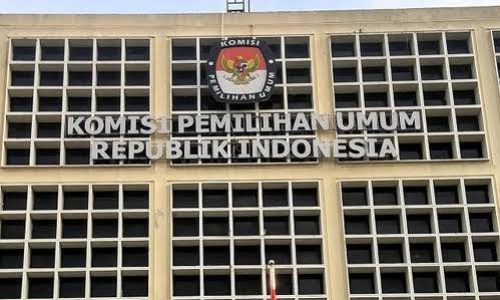The Indonesian government has injected IDR 10.56 trillion into PT Penjaminan Infrastruktur Indonesia (PT PII) as a demonstration of its unwavering commitment to advancing infrastructure development.
Meirijal Nur, the Director of Separated State Wealth at the Ministry of Finance, elucidated that this capital infusion underscores the government’s dedication to empowering PT PII in fulfilling its responsibilities, which encompass the assurance and support of infrastructure projects.
Speaking at the Media Briefing by DJKN on “Government Support for Accelerating Infrastructure Provision” held on Friday, December 8, 2023, Meirijal emphasized that PT PII has committed to guaranteeing projects totaling IDR 411 trillion, utilizing the provided capital of IDR 10.65 trillion.
He further highlighted that the cumulative exposure for infrastructure guarantees has reached IDR 80 trillion, underscoring the implementation of professional risk management.
The government’s capital injection, facilitated through a State Capital Participation (PMN) of IDR 10.65 trillion, comprises IDR 9.08 trillion allocated for guaranteeing both main mandate schemes, including Public-Private Partnership (KPBU) and non-KPBU schemes, and IDR 1.57 trillion designated for the National Economic Recovery (PEN) assignment.
This capital infusion is designed to augment PT PII’s capabilities, expediting infrastructure development and ultimately fostering socio-economic well-being.
The anticipated benefits encompass increased employment opportunities, balanced development, and economic advancement resulting from the comprehensive fulfillment of infrastructure needs throughout Indonesia.
Muhammad Wahid Sutopo, PT PII’s CEO, clarified that the utilization of PMN extends beyond guaranteeing KPBU scheme projects to include non-KPBU projects.
As of Q3 2023, PT PII has provided guarantees for 31 infrastructure projects with KPBU schemes, comprising 19 National Strategic Projects (PSN) with a combined investment value of IDR 268 trillion.
These guarantees span diverse sectors, such as community connectivity, enhanced access to clean water, energy conservation, electrification, and telecommunications.









